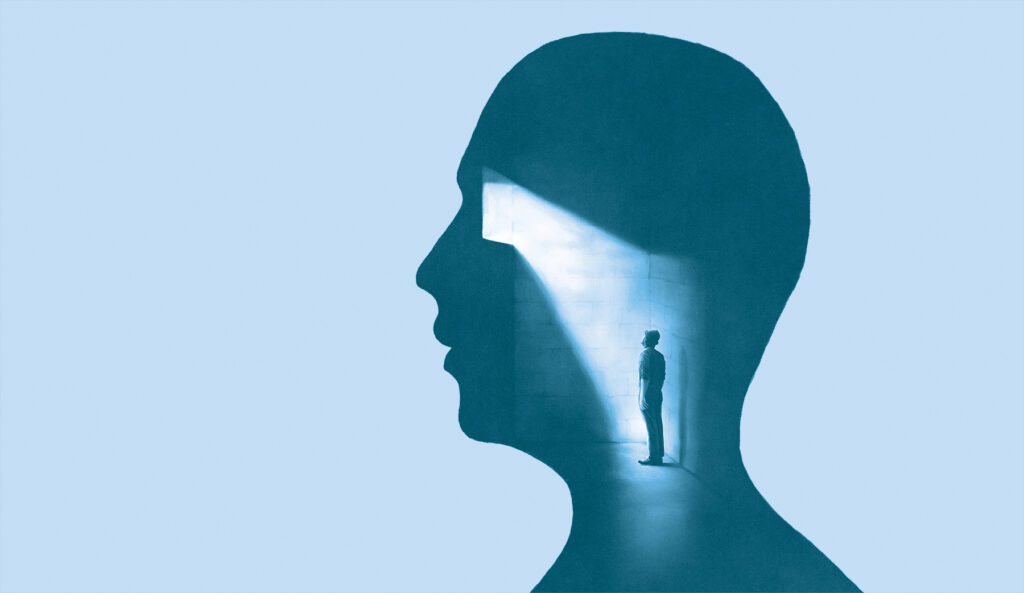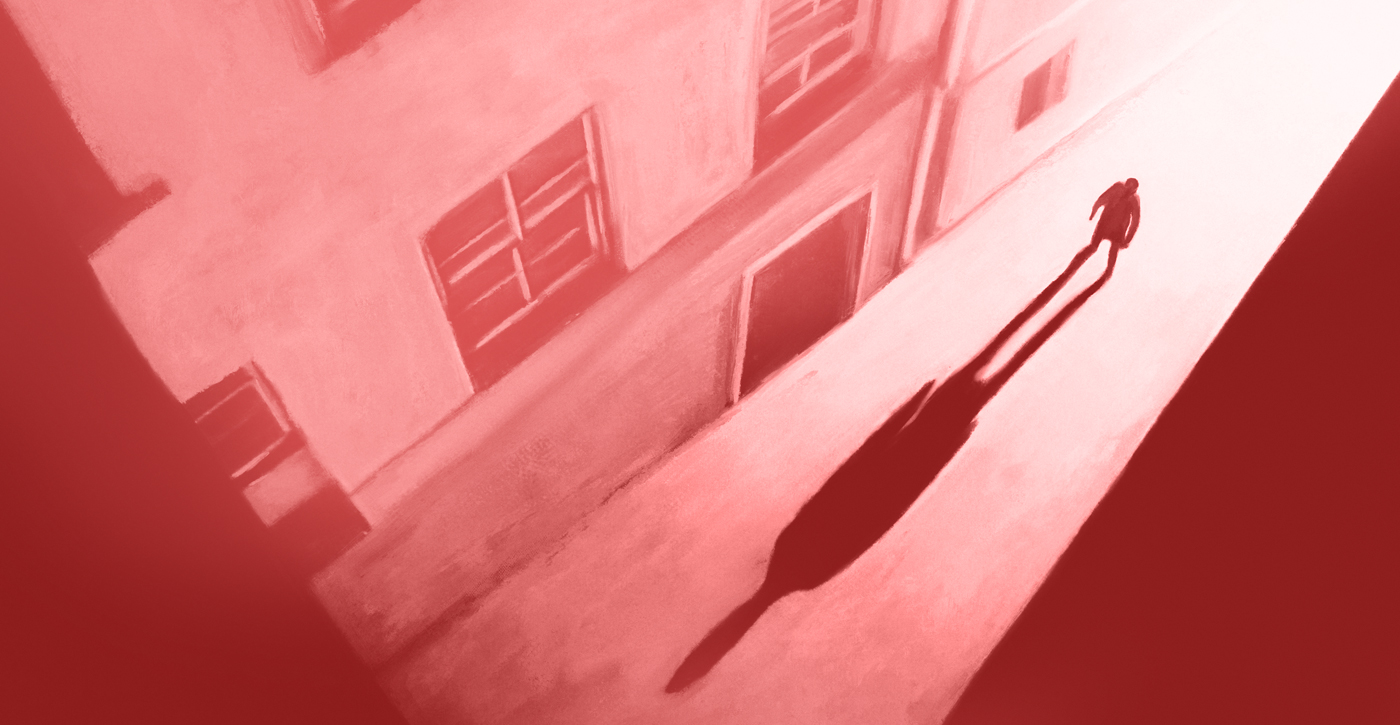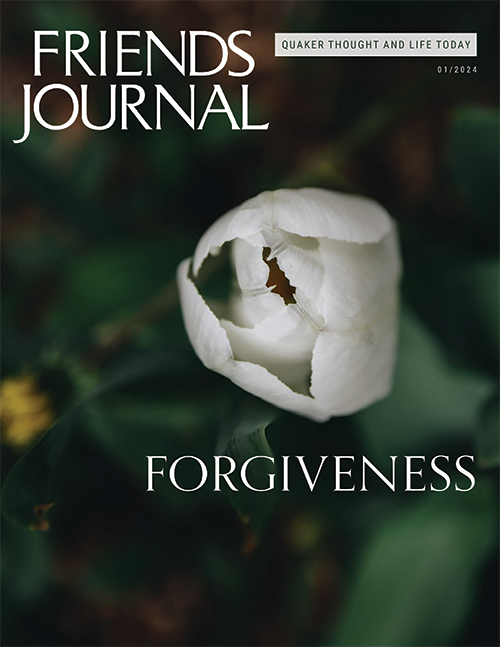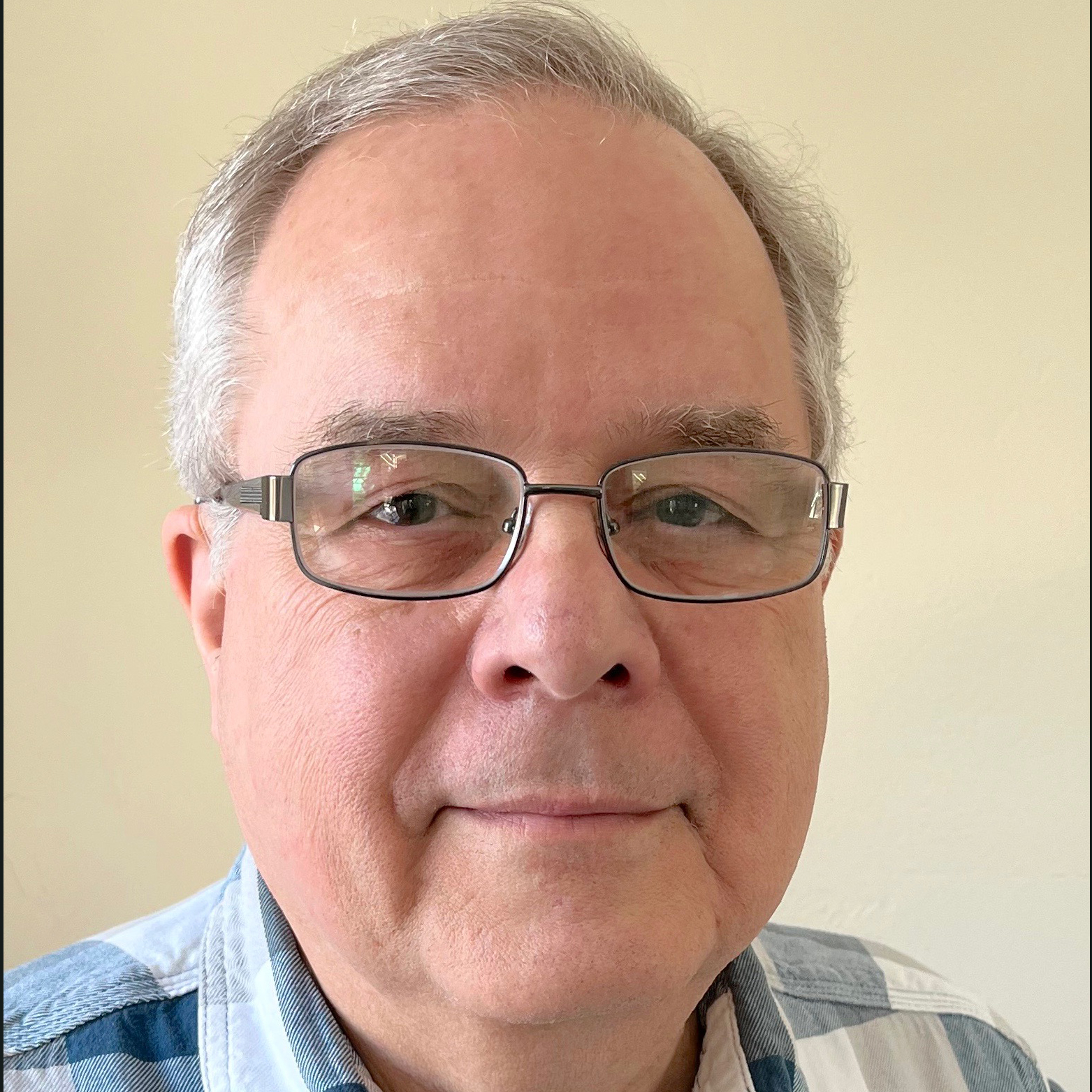A Quaker Forgiveness
About five years ago, I felt led to attend my first Quaker meeting. It was a snowy November day in northeast Wisconsin, and travel was difficult. The weather was bad enough for me to wonder if I should wait for another time, but I’m glad I didn’t. After making my way over the treacherous roads, I found the meeting in a beautiful older home, with a cozy fire burning in the fireplace. The six Friends who had also braved the weather welcomed me and made me feel comfortable.
We started informally, with conversation and coffee in the kitchen. Although what I’d read about Quakers was intriguing, I’d never met any, as far as I knew. So I was curious about the other people attending, and they were about me. My own varied spiritual background seemed like a familiar story to them, and I was grateful and relieved that we all seemed to get along fine. We then moved into the living room where a sofa and a variety of chairs were arranged in an informal circle.
The clerk explained that this was an unstructured Quaker worship where Friends sit in silent, expectant waiting for a spiritual insight or leading. With a newcomer in the room, she also thoughtfully set aside the planned agenda in favor of something simpler, a worship query: What is an experience of awe that you’ve had? We went into silence, waiting for our inner wisdom to bring forth something of awe. After a while, several people described experiences they’d had in nature, and I recalled a sunset I’d seen up in Canada. Then a few minutes later, after another period of silence, I realized that I felt awe about an experience I’d had 25 years earlier.
Only when I received the grace to recognize, with awe, the human spirit inside the young man pointing a gun at me was I finally able to forgive and let go of what he and his partner had done.
A friend and I were out walking his dog late in the evening. A car pulled over, and two young men with guns got out. One of them demanded we turn over our wallets. My friend resisted the request, was shot, and went down.
Then the other young man pointed his gun at me and said, “Give me your wallet.” That was the moment of greatest terror in my life. He was threatening my life, and I couldn’t give him what he wanted because his partner had already taken my wallet.
I lowered my head. “I’m sorry,” I said. “The other guy already took it.”
Something changed in the young man’s eyes. He believed me and turned his gun aside. “Come on, let’s go!” shouted his partner. They ran back to their car and drove away.
After they left, I was relieved to find that my friend had only been wounded in his arm. Neighbors called the police and an ambulance. My friend was treated in a nearby hospital and was able to go home that night.
As for me, I was badly shaken. The experience was traumatic, and I struggled to find a way to cope with it. For almost a year, I was unable to go outdoors after dark without feeling afraid. I sometimes involuntarily flinched and felt unsteady when I saw a young man in a store or on the street who looked similar to our attackers. Still, I worked hard to set aside my fears and forgive the young men for what they’d done, as best I could. Decades later, I had mostly succeeded but not completely.
In the meeting for worship, as I was led through the memories of what had happened so long ago, I became aware of something I’d never realized before: something inside the young man who had demanded my wallet led him to believe me and not pull the trigger when I said that I no longer had my wallet. Even in that tense, emotional, and potentially deadly moment, that of God inside him was listening to me and responding to what I said. As I recalled the details of the robbery and the look in his eyes, for the first time I saw the humanity and the living spirit in him, and I felt awe that it was there.
At that moment, sitting quietly within a circle of Friends, something inside me let go of the remaining fear and pain I’d been holding, and I forgave him and his partner. This was a different sort of forgiveness than I’d ever experienced. I’d been able to stop thinking negatively about them and what they did, but I’d never been able to release what had happened and truly forgive them. Only when I received the grace to recognize, with awe, the human spirit inside the young man pointing a gun at me was I finally able to forgive and let go of what he and his partner had done.
Then spontaneously, the question came to me: What would I do if I saw him now? I instantly realized that I wanted to tell him, “If there is anything you are burdened by or feel guilty about from that time 25 years ago, I pray that you can let it go. I forgive you, and I hope you can go forward with your life.”

I now find myself genuinely at peace about that experience so long ago. The insight I had during that first Quaker meeting let me forgive those young men in a deep and profound way that I hadn’t expected. It also helped me see that forgiveness is not just about consciously choosing to no longer hold negative thoughts and feelings about a person or an event, which is what I had tried to do. That was a change for me. As a psychologist, one of the counseling strategies I’d learned during my training was to help people transform negative thoughts about themselves and their lives into more positive ones, because doing so would make them feel better.
But I was uneasy with that particular type of therapy and seldom used it. It seemed like an attempt to dismiss or manipulate the meaning and personal consequences of what happened to my clients, and what they felt and thought about those events. As a strategy for coping with serious challenges such as a traumatic event or the loss of a loved one, it felt like asking them to believe a lie about some of the most important events in their life.
Similarly, I believe that while forgiveness requires conscious intent and deliberate action, it involves more than minimizing the negative thoughts and feelings we hold around a particular action or person so that we’re no longer troubled by them. While cognitive reframing may be part of the forgiveness process, it isn’t all of it. It doesn’t give us the insight we need to understand our reactions to the event, see the possible role we might have played in it, or heal the hurt or damage we’ve suffered.
It also doesn’t restore trust with the other person or reestablish a genuine relationship with them. Limiting forgiveness to changing how we think about those who hurt us doesn’t move us toward a deeper truth about who they are and why they did what they did. It most often seems to establish a cautious and protective distance with them, with “forgive, but never forget” as the outcome. Forgiveness is difficult and that may be the realistic result we need to live with, at least for a while, but something else needs to happen if there’s to be more than that.
When we regularly practice welcoming the Inward Light and let it illuminate our experiences of harm, violence, and even injustice, we increase our readiness to see the truth about other people and ourselves so that we can heal our pain, grow in compassion and humanity, and find a genuine relationship with each other.
What I learned in my first Quaker meeting is that there’s a deeper level of forgiveness that’s sometimes possible. That deep forgiveness may come unexpectedly, as a gift of grace to see the spark of God within others, even those who’ve hurt us. How it happened on that day for me is beyond my understanding, but the fact that it did happen says to me that there is something profound about who we are and our connection to each other that is more than our ordinary thoughts and feelings. There is something of God inside us that is part of a larger truth, and that connects us with each other through that truth. The result of that connection for me was a sense of forgiveness, peace, and caring for those who had hurt me. It was one of the deepest healings I’ve ever known.
Can we deliberately cultivate such deep experiences of forgiveness? We can certainly do the opposite and create a negative, judgmental inner life that would make such experiences less likely. So even if that level of forgiveness is beyond our conscious control and we can’t make it happen, perhaps we can do inner work to cultivate the ground where a deep experience of forgiveness can grow. When we regularly practice welcoming the Inward Light and let it illuminate our experiences of harm, violence, and even injustice, we increase our readiness to see the truth we need to know about other people and ourselves so that we can heal our pain, grow in compassion and humanity, and find a genuine relationship with each other. I believe that the guidance that led me to attend my first Quaker meeting was part of my ongoing inner work over many years that prepared me for that experience of forgiveness.
I drove away on that snowy November day feeling grateful and more than a little in awe of my experience there. I also realized that if such a profound thing could happen at my first Quaker meeting, I wanted to keep participating in them. Indeed, in the years since then, I’ve become an active member of the Religious Society of Friends. Quaker worship, spiritual nurture, the Experiment with Light, and involvement in the Quaker community have become part of my own inner and outer practice. I’ve also found kindred spirits, warm friendships, and a new spiritual home on my journey to live the deepest truth I know.





Thanks for sharing your story Al! I remember that day too when you came to our worship group for the first time. I remember the startled, awed, freshness of your story, somewhat haltingly told. I’m so glad that our worship group is blessed with your presence and that we can share the journey!
I’m grateful that our worship group made me feel welcome on that snowy morning, Kat! And our lovely and challenging journey continues…
This is perhaps the most profound description, experience and understanding of forgiveness I’ve ever encountered. Thank you so much.
What a reflective experiment to learn about forgiveness. So much blessed.
An awe inspiring insight to the blessing of forgiveness!